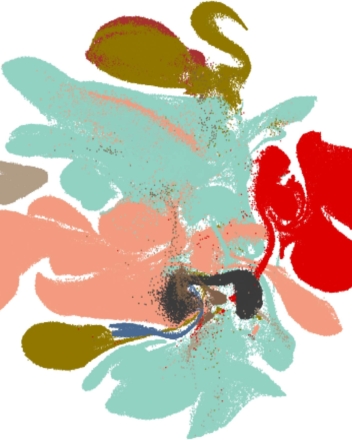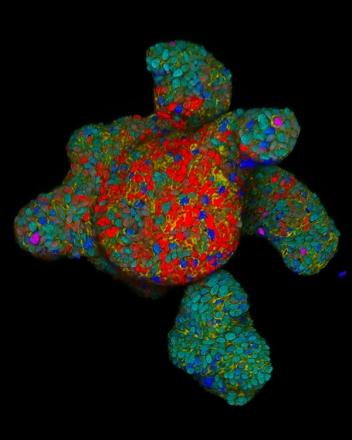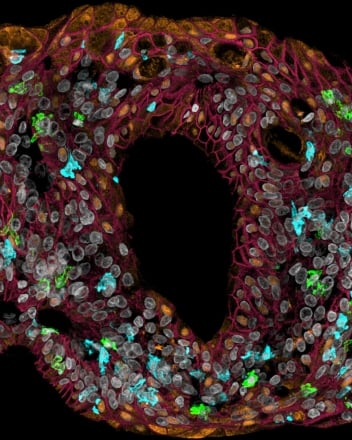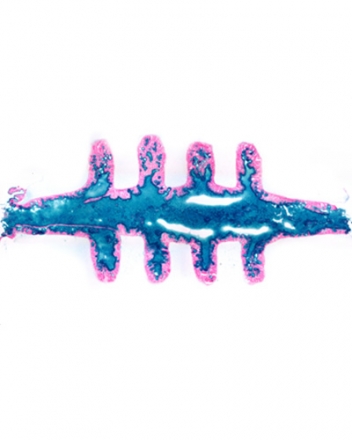An integrated transcriptomic cell atlas of human endoderm-derived organoids
A new paper led by Quan Xu (IHB) and Lennard Halle (Helmholtz Munich), and additional lead scientists at IHB, Roche pRED, ETH Zurich and Helmholtz Munich, and their collaborators, have built detailed atlases of brain, gut, and lung organoids. These atlases now allow researchers to compare the organoids’ cells across labs, protocols, and to patient samples, including those that will be collected and studied in the future.




